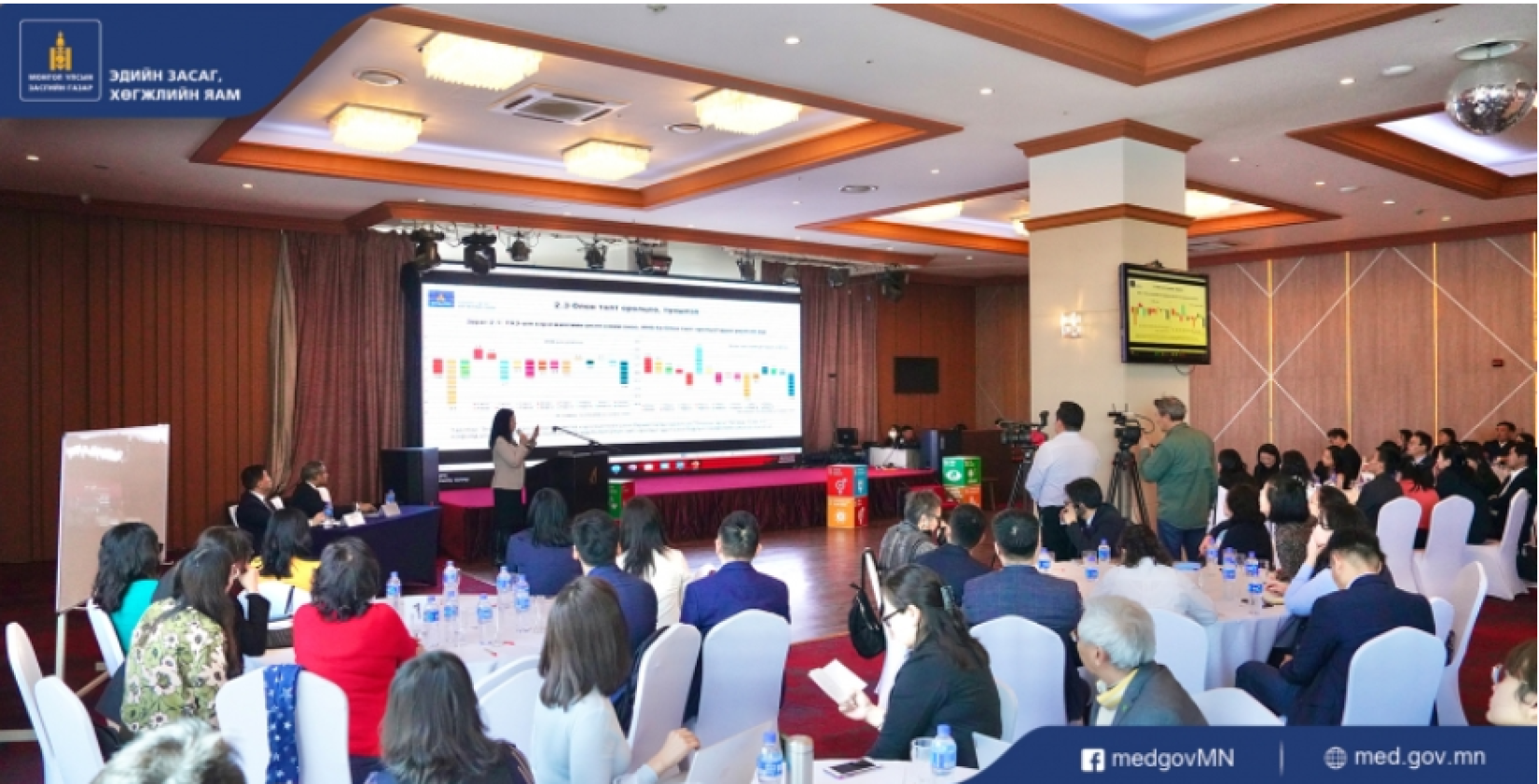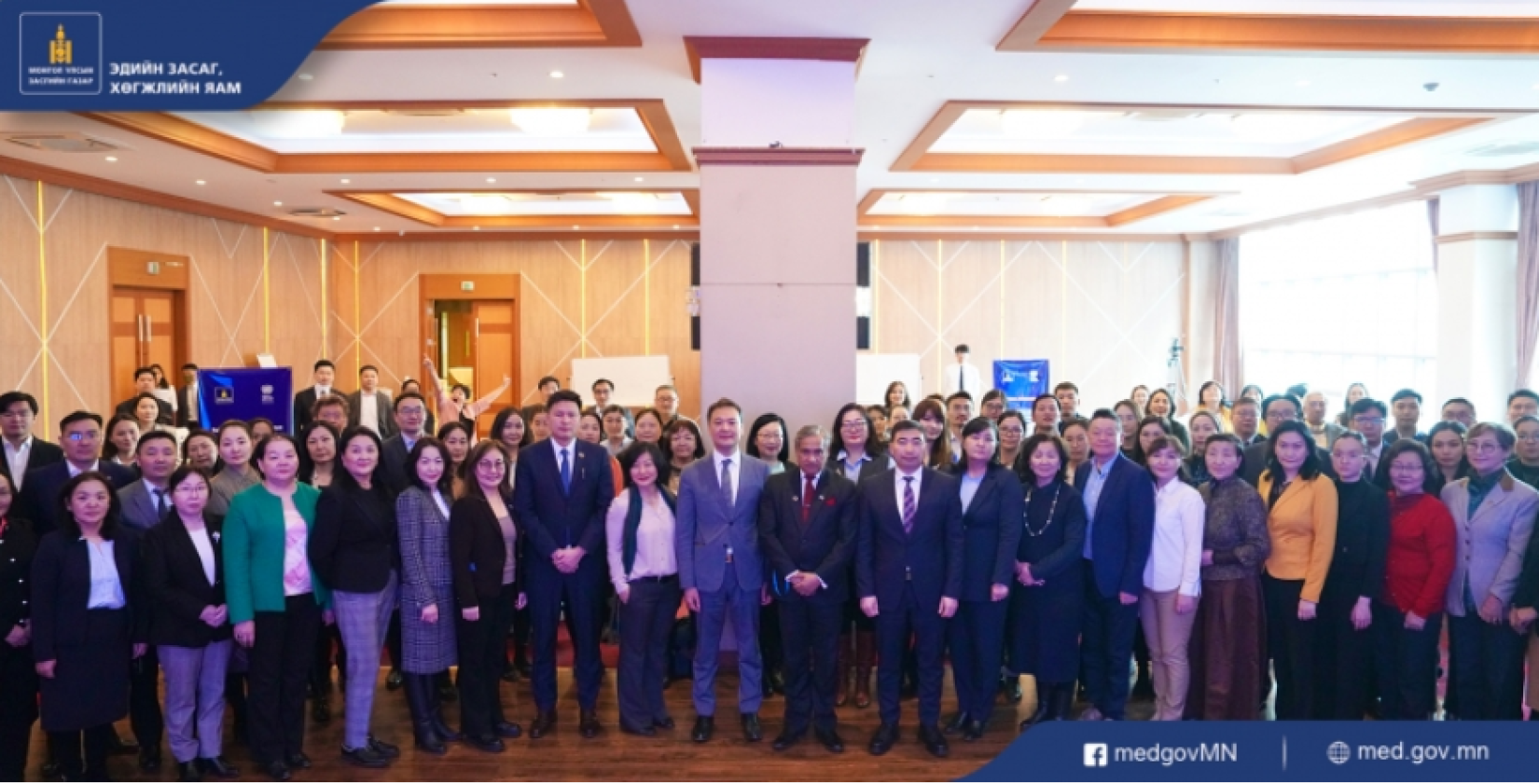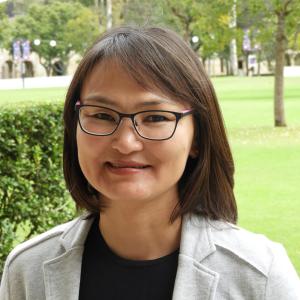Mongolia will present the second Voluntary National Review on SDGs implementation in the UN
25 April 2023
The VNR is a process through which countries assess and present national progress made in implementing the 2030 Agenda.

18 April 2023 -- Today, the Ministry of Economy and Development and UN Mongolia jointly organized a national consultation with diverse stakeholders on the draft Second Voluntary National Review (VNR) on the implementation of the SDGs in Mongolia.
The MED, with its mandate and function, led the working groups involving different stakeholders including the private sector, CSOs, and academia to prepare the second VNR of Mongolia to be presented at the UN’s High-level Political Forum in July 2023 among other 47 countries.
The VNR is a process through which countries assess and present national progress made in implementing the 2030 Agenda.
The VNR aims to facilitate the sharing of experiences, including successes, challenges, and lessons learned, with a view to accelerating the implementation of the 2030 Agenda, which also seeks to strengthen policies and institutions of governments and to mobilize multi-stakeholder support and partnerships for the implementation of SDGs.
The Second VNR analysed the SDGs progress in Mongolia using the SDGS tracker developed by UNESCAP based on the nationalized SDGs indicators and targets of Mongolia.
The second VNR has made a focused analysis of the country’s regional and rural development. Forty-seven per cent of the country’s population settled in Ulaanbaatar, the capital city of Mongolia. Ulaanbaatar is the main attraction for the population from rural areas as it houses 90 per cent of universities, 86 per cent of trade and services, 81 per cent of total savings 76 per cent of total businesses and 54 per cent of vehicles. More than 65 per cent of Mongolia’s GDP is produced in Ulaanbaatar.
“The importance of this topic is enormous nowadays and I believe in addressing the issues related to regional development will have multiplier and positive impacts in creating opportunities in provinces/rural areas through economic diversification, targeted social infrastructure, addressing development (geographical) disparities, reducing poverty and inequalities, reversing migration to rural areas, resolving over concentrated challenges and burden in Ulaanbaatar city,” said Tapan Mishra, UN Resident Coordinator in his opening remarks.
The VNR analysis identified a number of bottlenecks to the sub-regional and rural development, including a lack of systemic policy and planning for rural development and a lack of mechanisms and means to attract investment and migration to rural areas.
The second VNR also addressed the furthest left behind groups, identifying the low-educated, male, and middle-aged population in addition to the groups that were identified as at risk to be left behind including children and youth with disabilities, the elderly, herders and internal migrants.
The VNR offers insightful recommendations for the country to act upon, reflecting into relevant policies and programs in order to fulfil its obligations toward achieving Agenda 2030 for Sustainable Development.

















